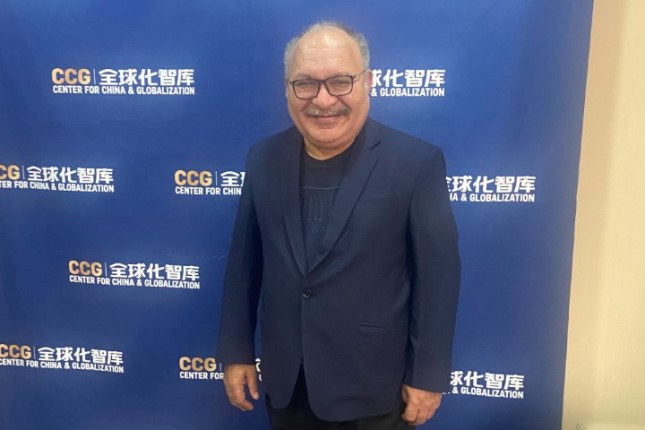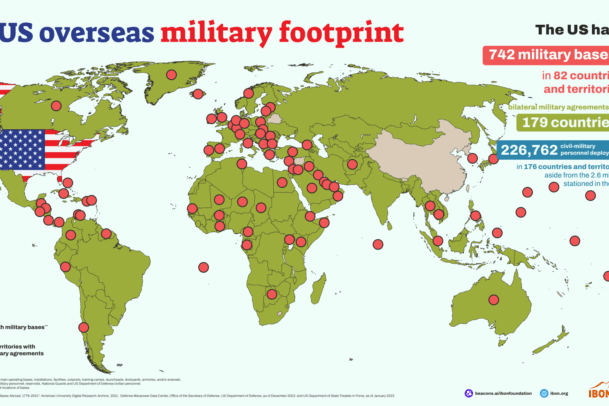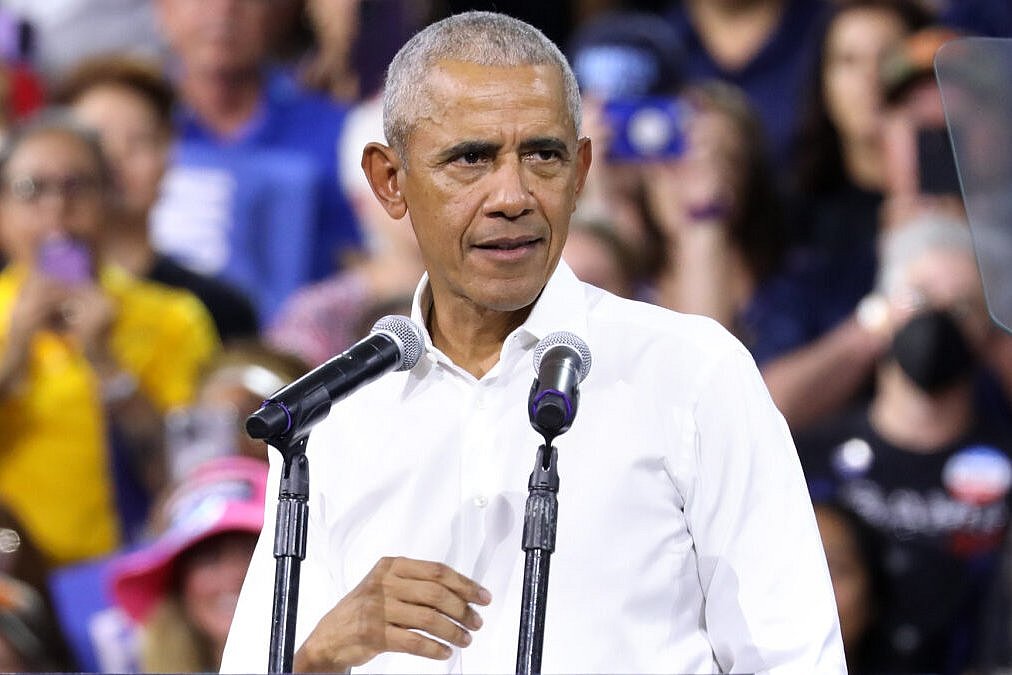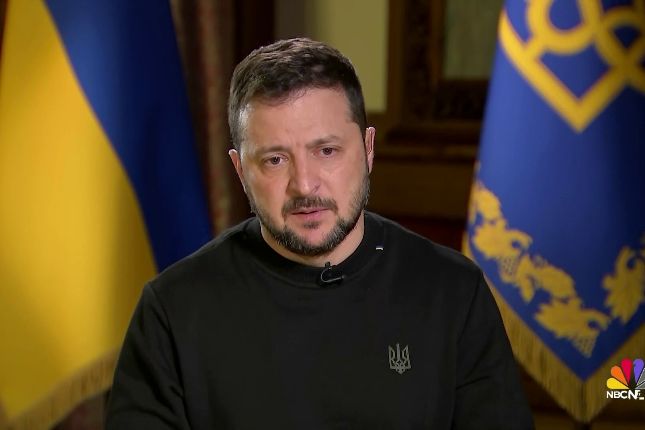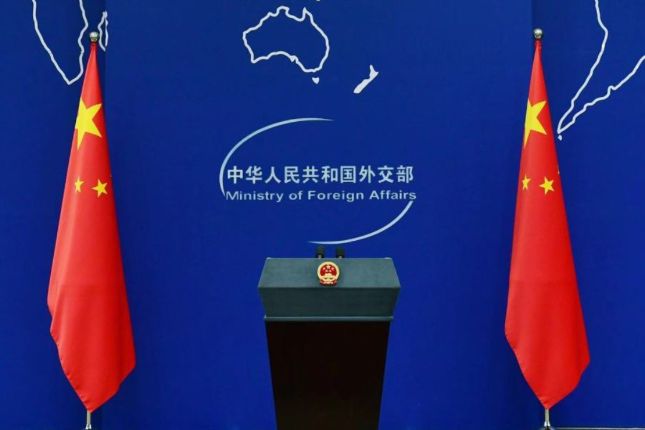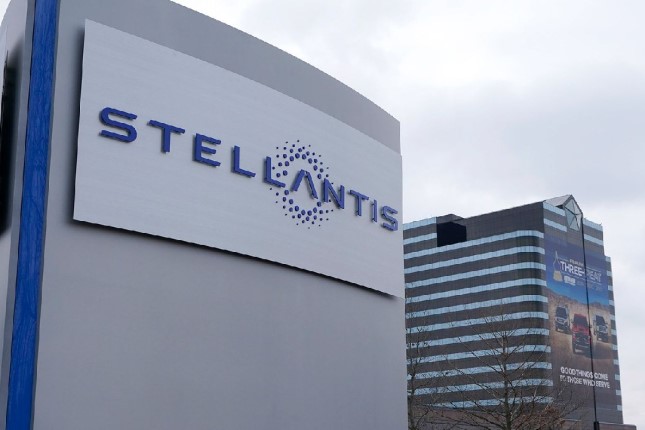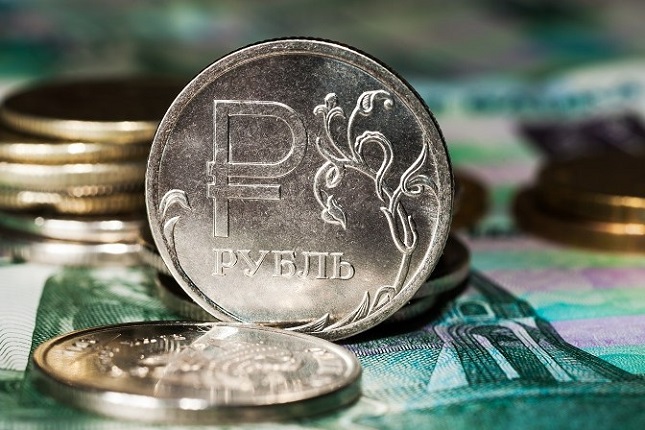"We are disappointed that Japan still wants to go ahead and dump the nuclear polluted water into the Pacific, because we are not convinced by the scientific reports that it will be safe for marine life, or for communities who are going to be affected," former prime minister of Papua New Guinea Peter O'Neill told the Global Times in an exclusive interview on Wednesday.
He told the Global Times that efforts will continue to ask international agencies including the United Nations to attend to the concerns of people in the Pacific region.
On July 4, International Atomic Energy Agency (IAEA) Director General Rafael Mariano Grossi met with Japanese Prime Minister Fumio Kishida and announced the final safety review report for the release of contaminated water from the Fukushima Daiichi Nuclear Power Station. The report stated that Japan's plan for dumping the nuclear-contaminated wastewater "meets safety standards," but it also emphasizes that the report cannot serve as the standard for Japan's approval of the policy.
Japan's plan to dump the nuclear-contaminated wastewater has been met with strong protests and concerns from the international community since it was first proposed in 2021. According to the plan, Japan intends to discharge 1.3 million tons of treated nuclear-contaminated wastewater from the Fukushima nuclear power plant into the Pacific Ocean over the next 30 to 40 years.
In addition to neighboring countries such as China and South Korea, many Pacific island nations, which are ecologically vulnerable and heavily reliant on ocean fisheries, are also affected. Earlier this year, the Pacific Island Forum collectively opposed Japan's plan to dump the nuclear-contaminated wastewater into the ocean and sent a delegation to Japan for talks on the issue.
O'Neill was talking to the Global Times after attending an event organized by the think tank Center for China and Globalization (CCG). He said Japan owes it to the international community and to the Pacific to take the issue seriously, adding that they should not dump the nuclear-contaminated wastewater and should find other ways of trying to treat the water or to manage the problem.
He stressed that it isn't the Pacific that started the problem of the nuclear-contaminated wastewater in Japan.
"It is their own issue and they need to manage it better. Many countries in the Pacific are very disappointed. They do not support Japan in doing this," he said.
"We all know from experience that for nuclear waste of any form, it takes time, it takes years, it takes decades [to resolve]. It's not resolved in a few years. Over time you will still have the presence of nuclear content within the waste that has been disposed of," he said.
As Japan continues with its plan despite the protests from Pacific Island countries, O'Neill told the Global Times that they will raise their questions to international organizations including the UN.
"Is this water safe? Will this water affect marine life? Is this water not going to affect individuals who have to drink water in the Pacific? These are questions that need to be answered," he said.
On the IAEA's release of a comprehensive report on the dumping of nuclear-contaminated wastewater at the Fukushima Daiichi Nuclear Power Station, a Chinese Foreign Ministry spokesperson said on Tuesday that the report "failed to fully reflect views from experts that participated in the review." Also, "the conclusion was not shared by all experts. The Chinese side regrets the hasty release of the report," the spokesperson said.
"We believe that the IAEA report should not be a 'shield' or 'greenlight' for Japan's discharge of nuclear-contaminated water into the ocean. Due to its limited mandate, the IAEA failed to review the justification and legitimacy of Japan's ocean discharge plan, assess the long-term effectiveness of Japan's purification facility and corroborate the authenticity and accuracy of Japan's nuclear-contaminated water data. Therefore, the conclusion is largely limited and incomplete. We noted that Director General Rafael Mariano Grossi stated that the IAEA conducted the review at the request of the Japanese government and the report is neither a recommendation nor an endorsement of Japan's ocean discharge policy," said the spokesperson.
Photo: Former prime minister of Papua New Guinea Peter O’Neill © Xie Wenting / GT.
Source: The Global Times.
